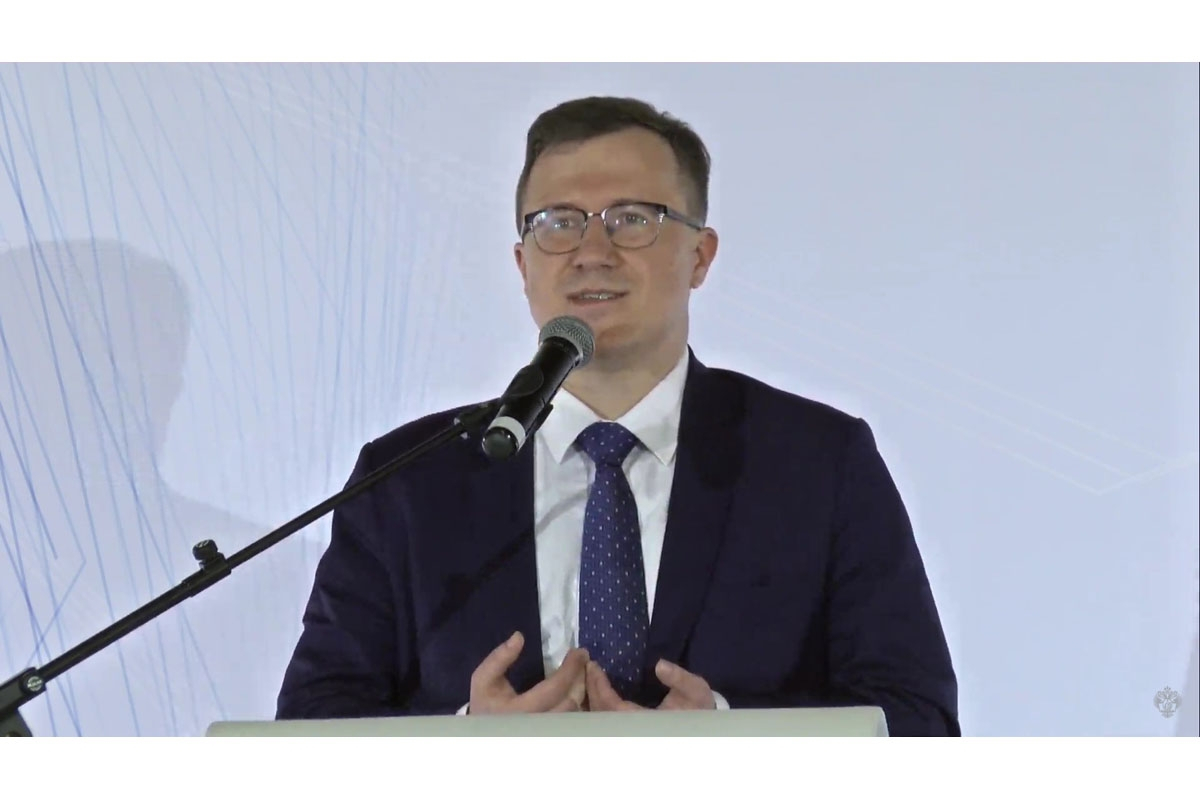St Petersburg University expert at the International Youth Legal Forum: ‘As evidenced by judicial practice, personal data from open sources is not yet publicly available’

Vladislav Arkhipov is Head of the Department of Theory and History of State and Law at St Petersburg University and Counsel in the global law firm Dentons. He spoke about the legal challenges of ensuring privacy in the digital environment at the 11th International Youth Legal Forum. The expert explained to future lawyers why open personal data is not publicly available and how an ill-considered repost can be a violation of the right to privacy.
As Vladislav Arkhipov noted, publicly available data is often perceived as information that can be freely used as one sees fit. However, personal data from open sources is not publicly available, the lawyer emphasised. According to the legislation of the Russian Federation and emerging judicial practice, it should be considered as information with restricted access: it can be freely used, but not distributed.
Dissemination means communication of information to the public. If you have defined the circle of persons by the privacy settings of the social media, it means that the information is made available to friends. When someone makes the information public in the next step, they will disseminate the data.
Vladislav Arkhipov, Head of the Department of Theory and History of State and Law at St Petersburg University, Counsel in the global law firm Dentons
‘However, if a person does not have your consent, such distribution is likely to contravene the law and invade privacy,’ explained Vladislav Arkhipov.
The expert also noted that the term ‘use’ as a form of information processing still does not have a strict legislative definition and, depending on the context, its meaning is subject to variation. Use is most often understood as taking into account the information received for making any decision and shaping an opinion in connection with the information received. For example, an employer can look at the public pages of a job seeker on social media and make a decision, taking into account the information received. However, if we are governed by the existing judicial practice, then, in general, we should not copy any information from the page, print it or reveal it to colleagues, since this will be considered the dissemination of someone else's information.
As Vladislav Arkhipov noted, for more than a year in the practice of the European Court of Human Rights, the issue of using personal data has been closely linked with the human right to privacy. This also implies the psychological integrity of the person and the desire to live under the radar. In this aspect, the expert mentioned the cases when the attention of people is riveted to the posts of users on pages in social media whether the owners of these pages would like this or not. According to Vladislav Arkhipov, it is best to choose the appropriate privacy settings, especially if the information from your personal profile is not aimed at a wide discussion in the media field.
At some point, seeing the attention, I made all posts available only to friends, because I realised that if I do otherwise, I need to have a certain marketing strategy in advance and devote several hours daily to maintaining social media.
Vladislav Arkhipov, Head of the Department of Theory and History of State and Law at St Petersburg University
‘I'm not ready for this yet. If one of my friends takes the content of one of my posts and makes a heated discussion on their page with the mention of my name or any other identifying feature, I would consider such an action a violation of the right to privacy,’ said Vladislav Arkhipov.
While answering the questions of the forum participants, Vladislav Arkhipov also touched upon the issues of the data integrity that is brought to the general public. He expressed concern that today’s society lives in an environment where the reliability of information is gradually being erased.

